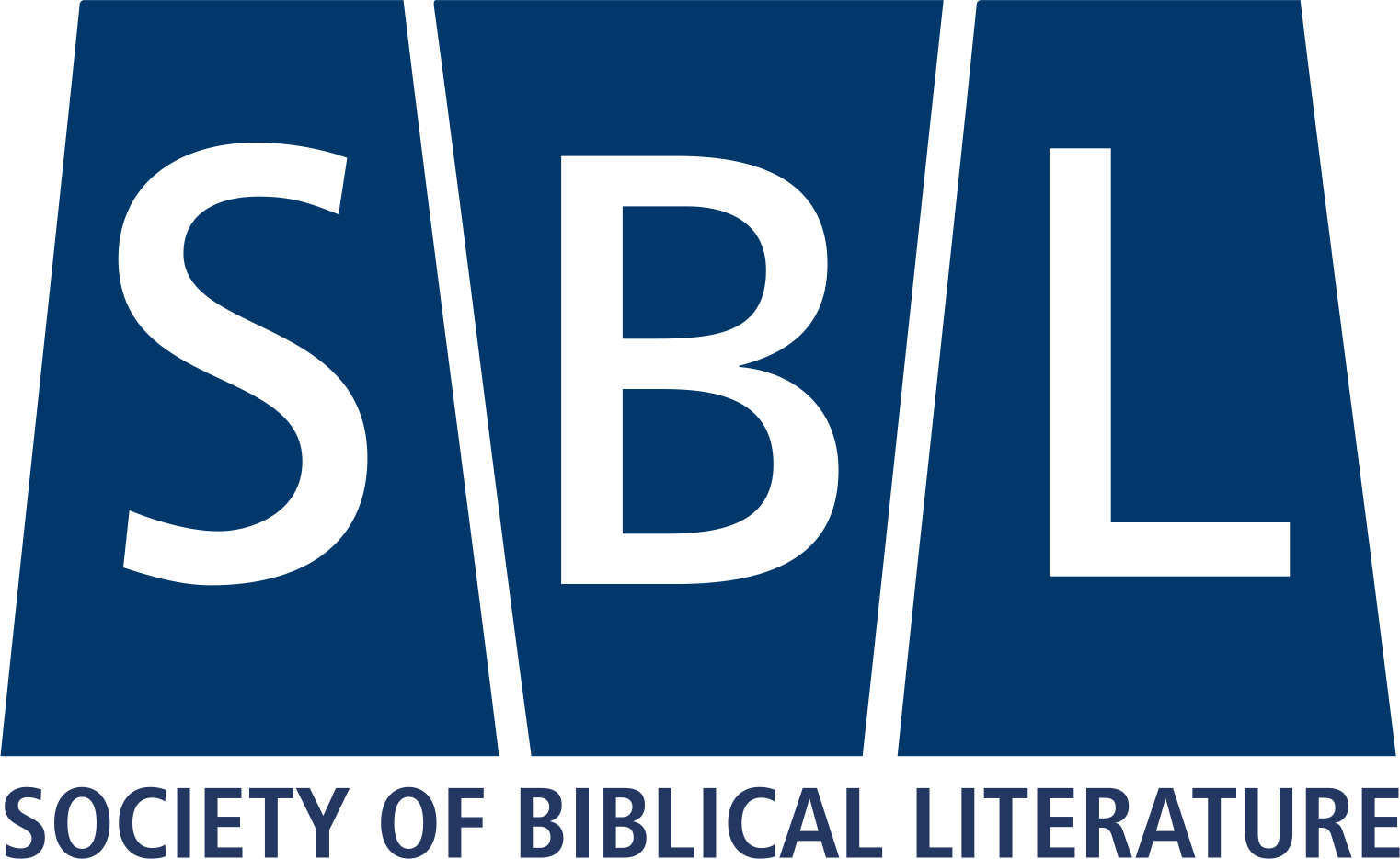$35.00
Essays in this collection, edited by Jonathan A. Draper, explore the complex relationship between text and orality in colonial situations of antiquity from Homer, Plato, and Mithras to the Hebrew and Christian scriptures and rabbinic tradition. Orality could be a deliberate decision by highly literate people who chose not to put certain things in writing, either to exercise control over the tradition or to preserve the secrecy of ritual performance. Exploring both theoretical issues and historical questions, the book demonstrates the role of text as a form of imperial control over against oral tradition as a means of resistance by the marginalized peasantry or marginalized elite of Israel and the early church.
Jonathan A. Draper is Professor of New Testament, School of Theology, at University of Natal, South Africa.
Introduction: Orality, Literacy, and Colonialism in Antiquity
—Jonathan A. Draper
Indigenous Poems, Colonialist Texts
—John Miles Foley
Cognition, Orality-Literacy, and Approaches to First-Century Writings
—Pieter J. J. Botha
Moving beyond Colonialist Discourse: Understanding Oral Theory and Cultural Difference in the Context of Media Analysis
—J. A. “Bobby” Loubser
Why Did Plato Write?
—Jean-Luc Solère
The Cult of Mithras: An Example of Religious Colonialism in Roman Times?
—Baudouin Decharneux
The Origins of the Hebrew Scriptures in Imperial Relations
—Richard A. Horsley
Roman Imperialism and Early Christian Scribality
—Werner H. Kelber
Practicing the Presence of God in John: Ritual Use of Scripture and the Eidos Theou in John 5:37
—Jonathan A. Draper
Response from the Perspective of Orality in the Rabbinic Tradition
—Martin Jaffee
Oralities, Literacies, and Colonialism in Antiquity and Contemporary Scholarship
—Claudia V. Camp
